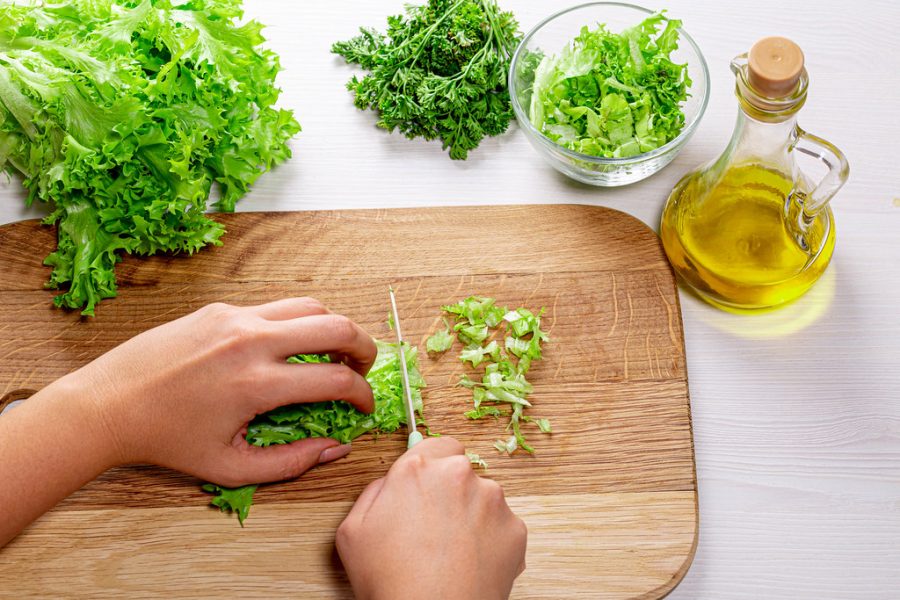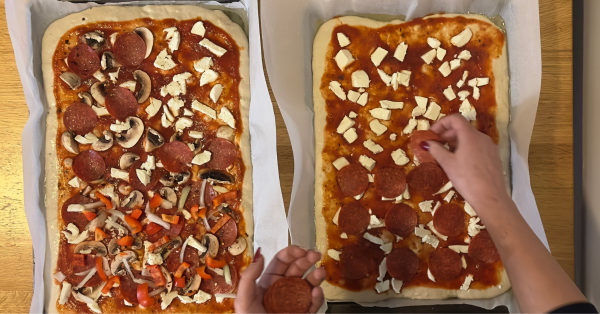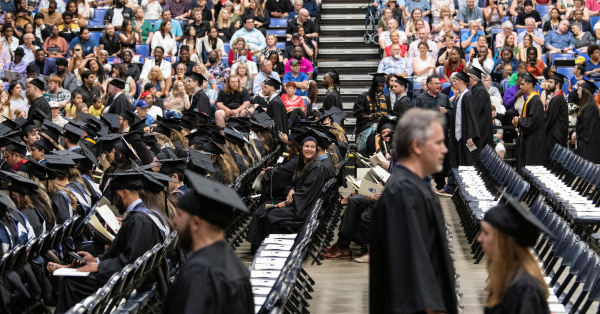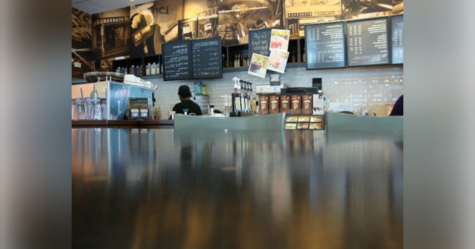COVID-19: Healthy Cooking
Learning how to cook is an important ability that is useful for a lifetime. Food is a basic necessity: we generally need to eat multiple times every day for sustenance. And eating a well-prepared meal is, of course, enjoyable. Whether you are trying something new and exotic or indulging in an old favorite, eating tasty food is valuable enough that we devote entire television channels to creating and enhancing the experience. Learning to cook can also be an important way for us to better understand nutrition and how we can maintain a healthy lifestyle. You will often find that you can choose higher quality ingredients as well. When the COVID-19 pandemic first arose in many states, cooking helped us to be financially healthier as well, since cooking food yourself is also typically cheaper than eating out.
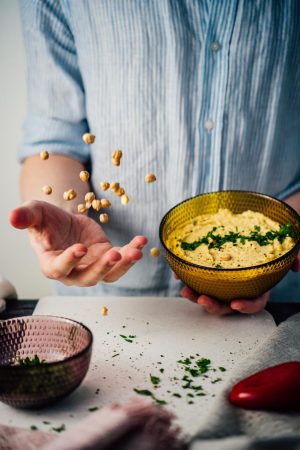
Yet as important as cooking is, many of us start out life on campus without having this fundamental skill. And it is easy to understand why. Many of us never learn this skill as we are growing up, as our parents handle that for us. When we go to college, we may have meal plans included in our room and board, and we can have food made for us. This option feels convenient when we have a schedule packed with classes and homework, and when we have tight deadlines to meet. And when spending time with friends and classmates, meeting up at a restaurant is often a perfect place to spend time with others.
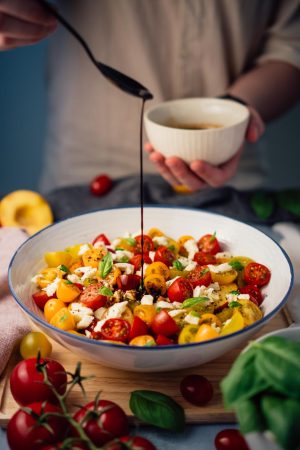
Celebrating a special occasion or treating yourself at a restaurant by dining out is absolutely worth it. But by experimenting with cooking, you can get the best balance between nutrition, taste, and your budget. And as you get better and better, you will become more confident in your abilities and even begin to have fun. To get started, here are a few recommendations:
1. Start simple: with experience, you may eventually be able to create delicious and complex meals. But start with the basics. You will find that many of the healthiest and tastiest recipes are also ones that do not require a lot of preparation, such as those based on vegetables and fruits.
2. Experiment and be creative: approach cooking with an open mind and use this time to think about why something worked or why something else did not. Be ready to fail and be ready to laugh at your mistakes! Repeat as needed until you become consistent. And use this opportunity to try things from other cultures. You will be amazed at what you can achieve.
3. Keep it social: cooking time is a great opportunity to spend time with your friends and loved ones. It can be much easier to learn from others’ experiences. And when you are done, you will be able to share the outcome together!



